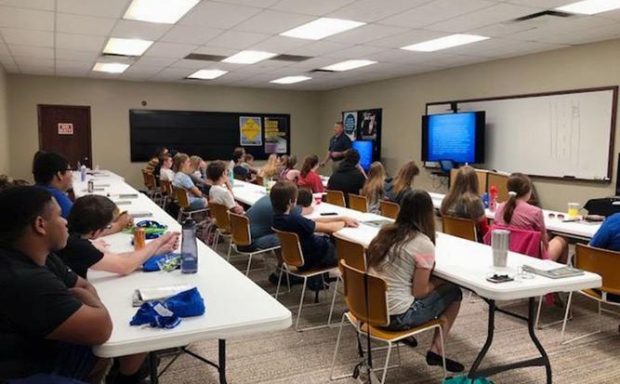Driver education courses and information programs play a crucial role in shaping responsible and safe drivers on the roads. In the state of Illinois, where traffic safety is a priority, these initiatives aim to reduce accidents, injuries, and fatalities by educating new drivers and reinforcing the knowledge of experienced ones. This article explores the effectiveness of driver education courses and information programs in Illinois and evaluates their impact on road safety.
- Driver Education Courses
In Illinois, driver education courses are offered by both public and private institutions, providing comprehensive training to aspiring drivers. These courses typically consist of classroom instruction and behind-the-wheel training, where students learn about road rules, traffic signs, defensive driving techniques, and practical skills necessary for operating a vehicle safely.
Effectiveness:
- Reduced Accident Rates: Studies have shown that individuals who complete a driver education course are less likely to be involved in accidents compared to those who haven’t received formal training. By instilling proper driving habits and awareness, these programs contribute to safer road conditions.
- Increased Knowledge: Driver education courses in Illinois ensure that participants are well-versed in traffic laws, road signs, and essential driving techniques. Better-informed drivers are less likely to make errors due to ignorance, thus improving overall road safety.
- Enhanced Defensive Driving Skills: Defensive driving techniques taught in these programs help drivers anticipate potential hazards, make informed decisions, and respond appropriately to emergencies. This proactive approach significantly reduces the risk of accidents caused by human errors.
- Information Programs
Apart from formal driver education courses, Illinois also employs information programs to spread awareness about road safety among the general public. These programs may include public service announcements, workshops, seminars, and online resources that focus on various aspects of responsible driving.
Effectiveness:
- Behavior Modification: Information programs are instrumental in promoting safe driving behaviors, such as wearing seat belts, not driving under the influence of alcohol or drugs, avoiding distractions, and obeying speed limits. When consistently exposed to these messages, drivers are more likely to adopt safer habits.
- Targeting Specific Issues: Information programs can be tailored to address particular issues prevalent in the state, such as aggressive driving, impaired driving, or pedestrian safety. By honing in on these concerns, authorities can effectively address and rectify them.
- Encouraging Continued Learning: These programs often emphasize the importance of continuous learning and self-improvement as drivers. This mindset promotes responsible driving practices, as individuals understand that staying up-to-date with road regulations and safety measures is crucial.
Conclusion
In conclusion, driver education courses and information programs in Illinois have proven to be effective tools in fostering responsible and safe driving habits among motorists. By equipping drivers, especially young and inexperienced ones, with the necessary knowledge and skills, these initiatives contribute to reducing accidents and saving lives on the roads.
However, the effectiveness of these programs also relies on consistent updates, implementation of modern teaching methods, and ongoing evaluation. Additionally, collaborations between government agencies, educational institutions, and community organizations can further strengthen the impact of these programs and create a safer driving environment for all in the state of Illinois.

